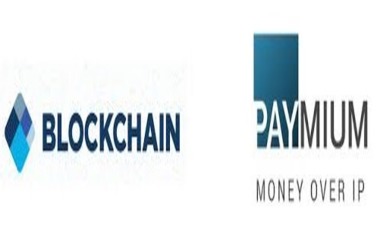 The Federal Court of New York refused the request to reject the decision against fintech company Paymium and its CEO Pierre Noizat on the use of domain “blockchain.io” in the trademark infringement proceedings by crypto wallet and exchange promoter Blockchain.com.
The Federal Court of New York refused the request to reject the decision against fintech company Paymium and its CEO Pierre Noizat on the use of domain “blockchain.io” in the trademark infringement proceedings by crypto wallet and exchange promoter Blockchain.com.
As per the court documents released on August 7, the legal case, initially submitted by Blockchain.com in September 2018, asserted that Paymium and its Blockchain.io platform not only breached on the trademark, but also were part of alleged unfair contest and bogus advertising.
Back in February 2019, Paymium initiated a motion to “to dismiss the amended complaint for failure to state a claim upon which relief can be granted […] and for lack of personal jurisdiction over Pierre Noizat.”
On the other hand, Blockchain.com succeeded in arguing that their marks were not demonstrably explanatory and attained slightly different meaning, and that the marks of Blockchain.com and Blockchain.io were extremely similar enough to press ahead with the case.
The Federal Court of New York rejected the trademark infringement portion of the Paymium’s request and permitted the case to proceed. The judiciary also noticed the advertising allegations of Paymium that the “filing was approved and [it] is now recorded with the SEC!” to be incorrect, so this portion also remains in the lawsuit.
In fact, the one and only thing the tech company recorded with the U.S. Securities and Exchange Commission at that moment was a Form D. Blockchain.com asserted that “the registration of a Form D does not imply that a property is’ registered’ or that the SEC has thoroughly investigated or endorsed it in any manner.” The argument was agreed by the court.
At the same moment, owing to the real absence of personal jurisdiction, all complaints against Pierre Noizat have been rejected. The tribunal also stated that the “hack-free status and atomic swaps” advertisement was not incorrect.
IT behemoth Oracle recently filed case against blockchain company CryptoOracle in the Northern District of California, asserting trademark infringement and cybersquatting.








